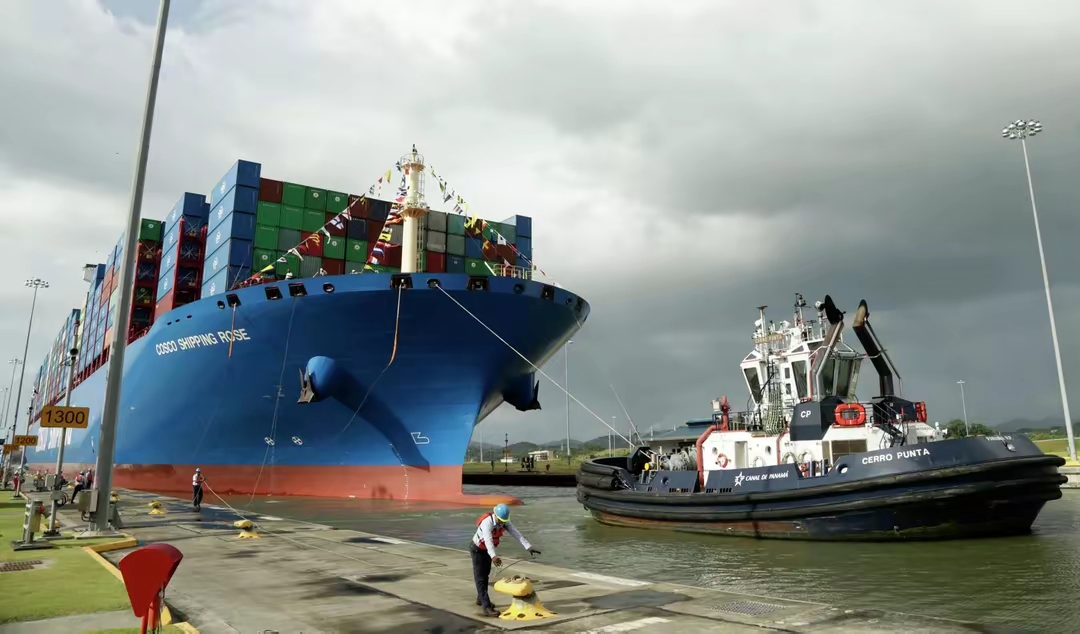
Recently, a series of tariff policy adjustments by the US government have attracted global attention, with wide-ranging and far-reaching impacts, raising concerns about whether US tariff policies will lead to a global economic recession? To answer this question, we need to conduct in-depth analysis from multiple perspectives.
The implementation of tariff policies by the United States has complex purposes. From an economic perspective, the United States is attempting to reduce its trade deficit by raising tariffs. During the Trump administration, he repeatedly emphasized the need to protect domestic industries in the United States through tariffs, promote the return of manufacturing, and achieve trade balance. The US government believes that imposing high tariffs on imported goods can reduce American consumers' purchases of foreign goods and encourage them to choose domestic products, thereby promoting the development of domestic manufacturing and increasing employment opportunities. The United States also hopes to obtain more fiscal revenue through tariff policies to cope with the continuous rise of domestic public debt.
Politically speaking, tariff policy is a means for the US government to cater to certain domestic interest groups. Some traditional industry groups, such as steel and automotive industries, have long faced international competition pressure. They strongly demand that the government take trade protection measures and increase tariffs to provide certain protection barriers for these industries, enhance their competitiveness in the domestic market, and thus gain political support from these interest groups.
From historical experience, trade protectionism often fails to achieve the expected results. In the 1930s, in response to the economic crisis, the United States passed the Smoot Hawley Tariff Act, which significantly increased import tariffs on over 20000 foreign goods. However, this measure did not help the US economy out of its predicament, but instead triggered a global trade war, leading to a severe contraction of world trade and a deeper recession in the global economy. Other countries have taken retaliatory tariff measures, and US exports have also been hit hard, exacerbating the domestic economy. This history shows that unilaterally raising tariffs not only fails to solve domestic economic problems, but also disrupts the global trade order, triggers a chain reaction, and has a negative impact on the global economy.
The US tariff policy has had multiple impacts on the global economy. In terms of trade, the latest report released by the World Trade Organization (WTO) shows that under the current tariff situation, the global trade volume of goods is expected to decrease by 0.2% in 2025, which is nearly 3 percentage points lower than the predicted value under the low tariff benchmark scenario. The decline in goods trade in North America is particularly significant, with exports expected to decrease by 12.6%.
The US tariff policy has disrupted the layout of the global supply chain. Many multinational corporations have had to readjust their production and procurement plans in response to the increase in tariff costs, relocating their production bases to other countries or regions. This not only increases their operating costs, but also leads to instability in their supply chains, affecting global production efficiency.
The US tariff policy has also brought many negative effects to the US economy. Consumers have become victims of tariff policies. Due to the increase in import prices caused by tariffs, American consumers have to pay higher prices for various goods, which reduces their actual purchasing power and suppresses consumer demand. Related studies have shown that the increase in tariffs has led to a significant increase in the annual expenditure of ordinary American households on daily living expenses.
Faced with the tariff policy of the United States, countries have taken corresponding measures. Some countries choose to negotiate with the United States in an attempt to resolve trade disputes, lower tariff barriers, and restore normal trade relations through negotiation. The EU and other economic entities are engaging in dialogue with the United States to seek mutually acceptable solutions. Many countries have also taken retaliatory tariff measures, imposing tariffs on US exports to safeguard their own trade interests.
Although the US tariff policy is driven by its own economic and political interests, from a global perspective, its negative impact far outweighs the potential short-term benefits it may bring. Both historical experience and current data indicate that the US tariff policy is highly likely to become a catalyst for global economic recession.

報告顯示,中國電力投資加速增長,預計2024年電網基建投資將超過5300億元。
近日,市場迎來了一則引人注目的消息:工業巨頭3M公司(MMM.N)在本周五公布了其季度業績報告,隨後股價飆升至近兩年來的
最近,外媒給OpenAI算了筆賬,今年可能要血虧50億美元。
近日,巴黎奧運會和世界鐵人三項協會聯合發布了一項重大決定,宣布因塞納河水質污染問題,原定於近期進行的奧運會鐵人三項首次下
當地時間7月18日,法國巴黎發生了一起令人震驚的持刀襲警事件。
近期,一則重大消息在國際舞臺上引起軒然大波,馬來西亞宣布加入金磚國家。
調查發現,互聯網和智能手機的使用幹擾了韓國近五分之一學生的生活。